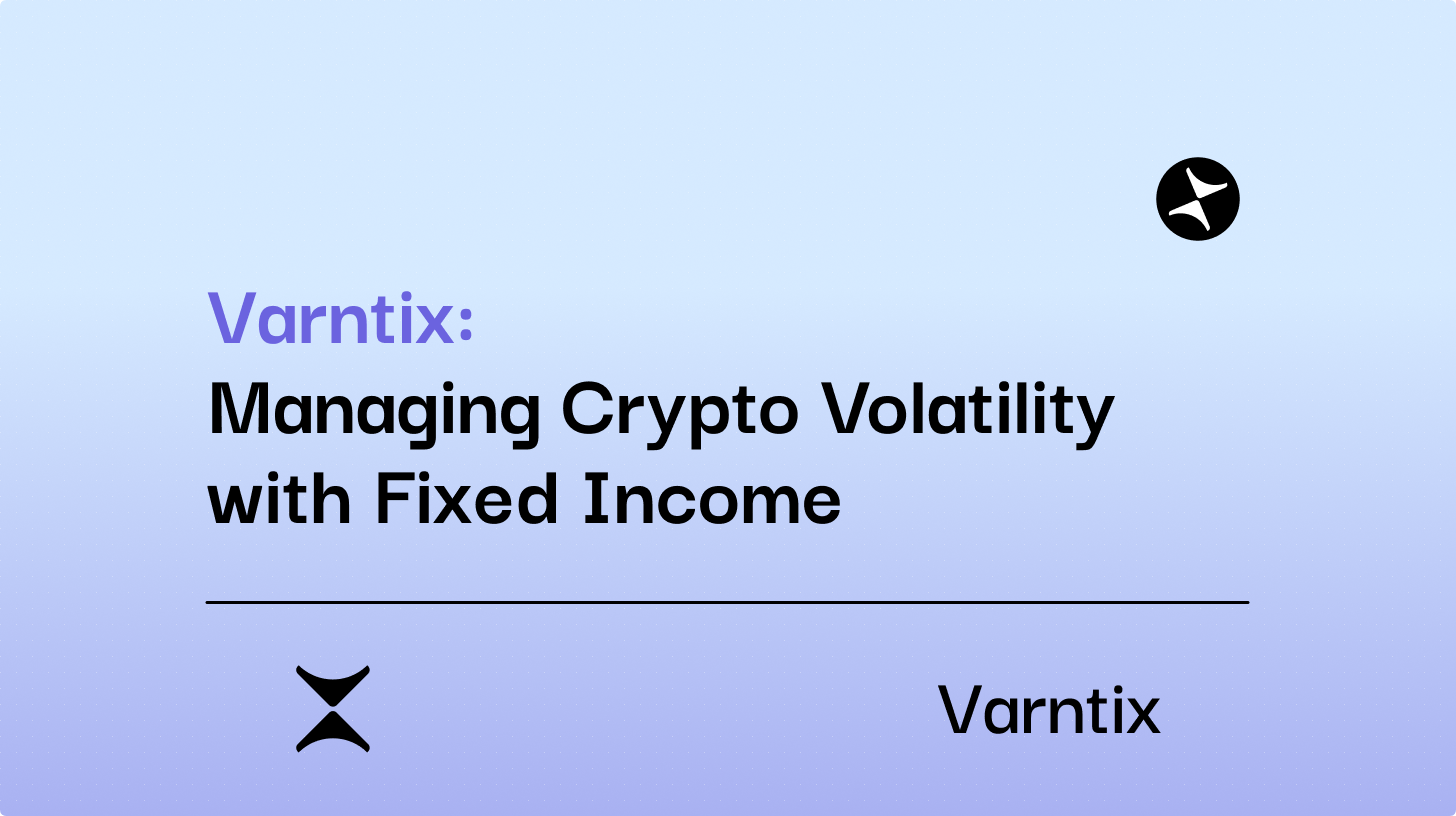Table of Contents
- Summary - Complete Control with Non-Custodial Systems
- Understanding Non-Custodial Systems
- The Mechanics Behind Non-Custodial Systems
- Benefits of Opting for Non-Custodial Solutions
- Heightened Protection
- Increased Anonymity
- Autonomy and Empowerment
- Pushing for Decentralization
- Potential Challenges and Risks
- Accountability
- Potential for Human Error
- Risks of Fraud and Phishing
- Technical Know-How
- Final Thoughts









